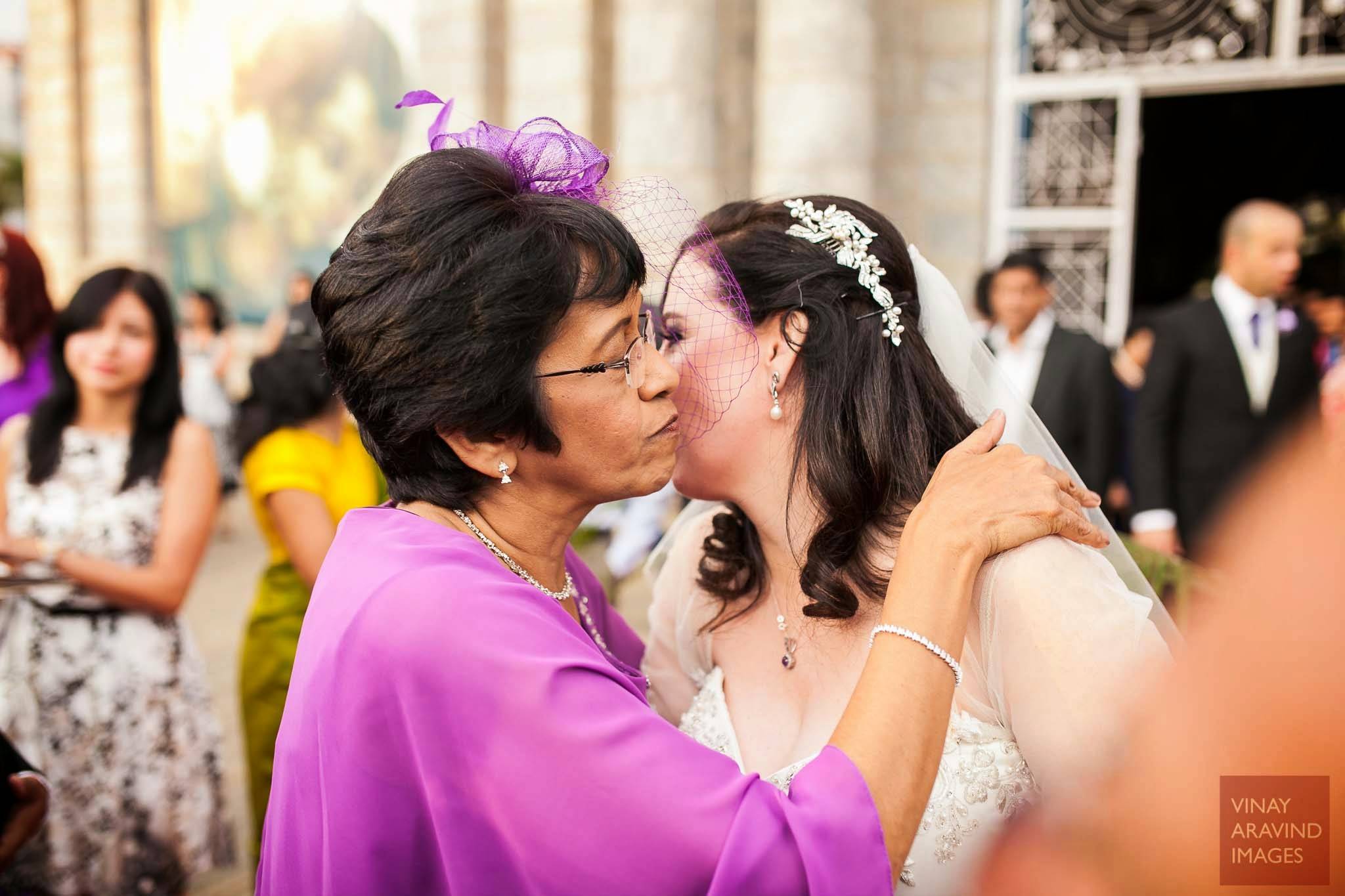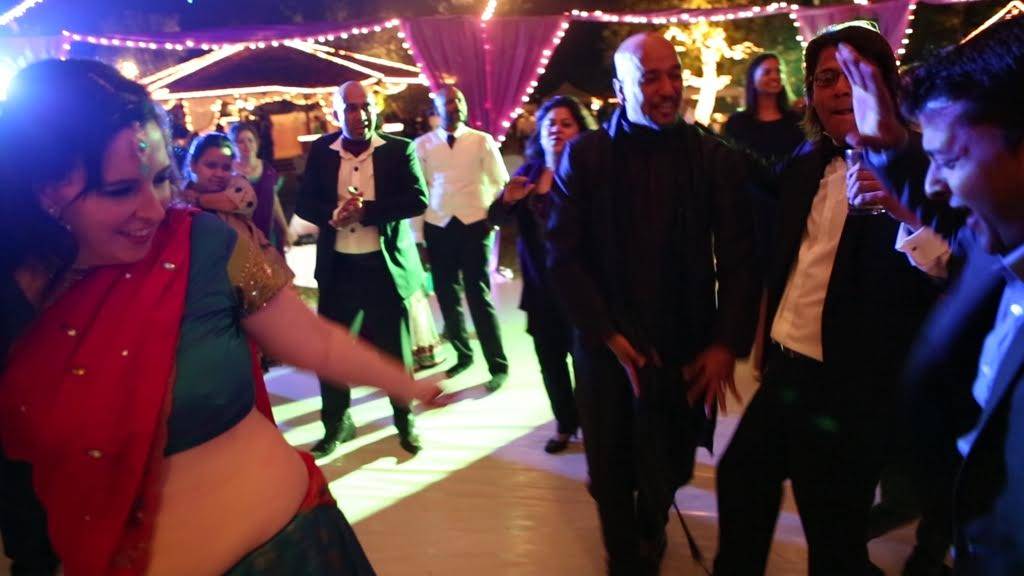Understand Dos and Don'ts of Indian Culture
Start with developing an understanding that India is different from where you are from, cultural norms are likely different, and expectations of your behaviour are different to what you are used to and what you consider "right". Different doesn’t mean worse or wrong, it is just not the same as where you are from. Try not to place your own opinions on what you experience and judge things in a new country like India.
Be ready to understand that everything will be different including food, climate, and manners. Culture in India has developed over many thousands of years. There are over 1 billion Indian’s so it’s a little arrogant to assume the way you do things is the “right” way. Open your mind, pay attention to those around you and their behaviour, how they dress and what they do.
What I learnt about Indian Culture after living in India for 6 years.
Take off your shoes
When you enter a shop or someone’s house you may see pairs of shoes as you enter the door.
This is a pretty good sign that the cultural norm here would be to remove your shoes. This will be in shops on a street, not in a mall. If I’m in someone’s house I usually just remove my shoes automatically, unless I know them very well, and know they don’t mind of I keep them on.
Now you may wonder why do people remove their shoes?
Well it actually makes a lot of sense if you think about it for a moment.
Your shoes have been walking around outside on who knows what messes, dirt, dust, germs, and possibly worse.
If you wear them inside you are very likely bringing all that mess into someone’s house, or shop.
Dress conservatively (relatively)
I feel I should start with a disclaimer that I consider myself a feminist and I don't believe that women SHOULD be judged for how they dress.
India is very conservative country compared to Australia and if you just dress exactly as you dress in Australia you may attract unwanted stares and attention, because it is uncommon to see a woman dressed that way in India. I don't agree that women should have to consider others when they choose what to wear, but as this is an informative article, I want to be as helpful and realistic as possible to people reading it.
If you are not wanting to draw attention to yourself then it’s worth having a look at how the people around you are dressed and then follow suit.
Most women won’t wear very short skirts or shorts, if they do they may have comments passed at them, and possibly men may try to grab them in the street. I never dressed this way on a street in India and I was not harassed. I usually wore a top that covered my shoulders (no shoe string straps) not only to dress conservatively, but also because it’s usually sunny and I get sunburnt easily.
In summary don't expose above your knees, show cleavage or your shoulders.
You will definitely want to follow these guidelines if you enter a temple or place of worship or you will be unlikely to be admitted entry.
If you are going to a night club then it’s ok to dress in short shorts, low cut tops etc.
You can see below how I'm dressed at the Taj Mahal, and I dressed this way 80% of the time in India, including at work where I was a teacher.
Wish (Greet) everyone you meet
In Australia where I’m from, I haven’t really grown up with a concept of wishing everyone at all. In fact we don’t refer to “wishing” unless it’s a birthday wish.
In India it’s polite to greet each person you meet in a house, say hello, and make eye contact.
You can say Vanakkam, Namaskara, or Namaste depending on where you are in India and put your hands together like you’re saying a prayer, this is an act of respect. This is not always necessary, especially if you feel a bit shy to do so, you can just say hello to each person.
If you happen to be in an Anglo Indian household or party then everyone will kiss each other on both cheeks. Between Christmas and New Year Anglo Indians will greet each other with "compliments of the season".
Here I am kissing Odelia Kayden's Mum on both cheeks just after we were married in Bangalore.

Aunty and Uncle
It’s considered respectful to call people older than yourself aunty or uncle.
Anyone you meet in a house, or at a party, you can call aunty or uncle. They will consider this very respectful.
Don't use your left hand
Indians’ generally don’t use their left hand to hand over anything like money in a shop,
or to receive any item.
This is because they see the left hand as dirty, since they use it when they go to the toilet.
They use water to clean themselves and their left hand, which they then wash very thoroughly with soap and water.
Eat with your right hand
There are exceptions to this, such as if you are left handed, although some left handers in India have been taught to eat with their right hand.
As mentioned above Indian’s use their left hand to go to the toilet, and they use their right hand to eat.
Eating with your left hand may be seen as pretty disgusting. An Indian is unlikely to tell you they think it’s disgusting and may take into account that you are a foreigner so probably don’t use your hand when you go to the toilet.
I used to put my left hand on my lap so I wouldn’t be tempted to use it when I was eating with my hand when I started learning how to do it.
Would you like to try eating Indian food with your hand for yourself?
Gift cards, invitations and business cards
Don’t just hand over these or similar items with one hand, give it with both hands.
If you are inviting someone close to you to an event (such as a wedding) it’s seen as more respectful to go to their house and give the invitation in person.
People who are close to you will expect this, and may be slightly offended if you just send the card in the mail (which I learnt when I was meeting close friends and had already posted their invitations to my wedding, whoops!)
Don’t touch or point at anything or anyone with your foot.
Feet are seen as dirty (especially the soles of your feet) so don’t use them to touch anything or anyone. Also don't point your feet towards anything (especially books).
Don't use your finger to point
It’s seen as rude to point with your finger, it’s better to use your whole hand or gesture in the direction you are indicating with your face or chin. You may notice Indian’s “pointing” with their chin in a certain direction rather than pointing with a finger.
Be careful with your “come hither” motion.
If you are using your hand in a “come hither” motion, Indian’s will do it with their fingers pointing down rather than up. If you wish to motion to come here to someone like a waiter in a restaurant or a child, point your hand down instead of up.
No PDA’s.
Indian’s are quite conservative and won’t even hold hands in public most of the time, so kissing and hugging is very much seen as rude and even borderline obscene.
Don’t be too punctual.
If you are invited to a function, don’t show up too close to the time it was advertised, as you will likely be the only person there, and the host may not be ready.
You are better to be at least 30 minutes to an hour late,and you will still find you are one of the first to arrive.
I learnt this when I showed up for a wedding on time and there were not even any tables and chairs set up.
Don't expect others to be punctual
You can find yourself being very frustrated when you are told something (for example tailoring) will take 2 days and you arrive and it's not even been started.
My rule of thumb is if someone tells me a time frame a multiply it by three. If Kayden says 5 minutes, then it will likely be 15 at least.
Just expect that this will happen, if they say 2 days think to yourself if I get it in 4 days I''ll be doing very well.
If you think nah, that sounds ridiculous, then expect the ridiculous.
I once had a party where I invited people for 7pm. Some of my friends from the USA arrived at 5.30pm and were gone by 8pm. My Indian friends arrived at various times from 9pm to 1am and even 4am.
(I am not joking, one group arrived at 4am).
Don’t be offended by personal questions.
Indian’s will ask you whether you are married, how much you earn in your job
and other questions that we would not discuss in Australia.
This is very normal to them and there’s no point being offended.
You can avoid answering the question, but don’t get annoyed with them for asking it, as they don’t see it as rude.
Don’t be offended if people comment on your physical appearance
I was greeted with comments about whether I had lost or put on weight ALL THE TIME.
My maids daughter once said to me "Madam you've become fat!"
It's normal for Indian's to comment very directly like this.I got home from to Bangalore from a week holiday in Goa (and I must have eaten a LOT to make a difference in 1 week!), my friend's husband said
"Gee you've had a good holiday, you've put on weight!" I was SO mad and he (a man in his 60's) was very confused and bewildered why I was so annoyed.
So try not to let any comments like this affect you.
You will be stared at.
If you don’t look Indian you will definitely be stared at.
I got used to it and stopped noticing it after a while (I think wearing Indian clothes dying my hair darker and hanging out with Indians’ helped a lot), but it’s not seen as rude to stare.
Remember that you are very much in a minority, and imagine if you saw something very unusual in your country what your reaction would be. You may be a little less obvious with your staring, but you would still probably take a second look if you saw something very unusual that you didn’t see often.
Go with the flow!

Just remember it will be VERY different from where you are from (wherever that is), and you will have some very new experiences that you'll never have anywhere else.
Try not to compare India, just embrace it. Go with the flow, then you can really enjoy yourself!
Want to sample our home made authentic Indian food? Click below.
